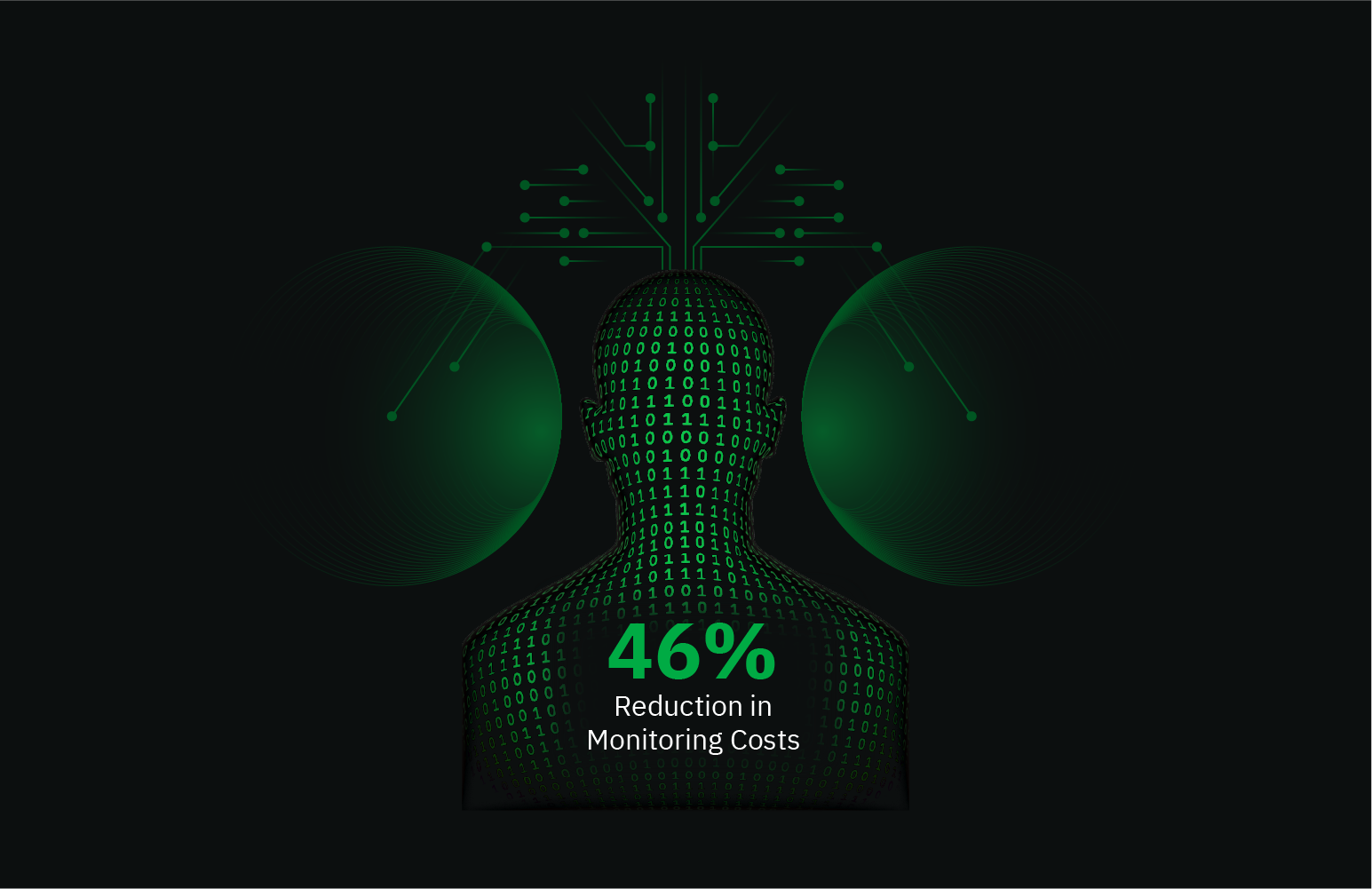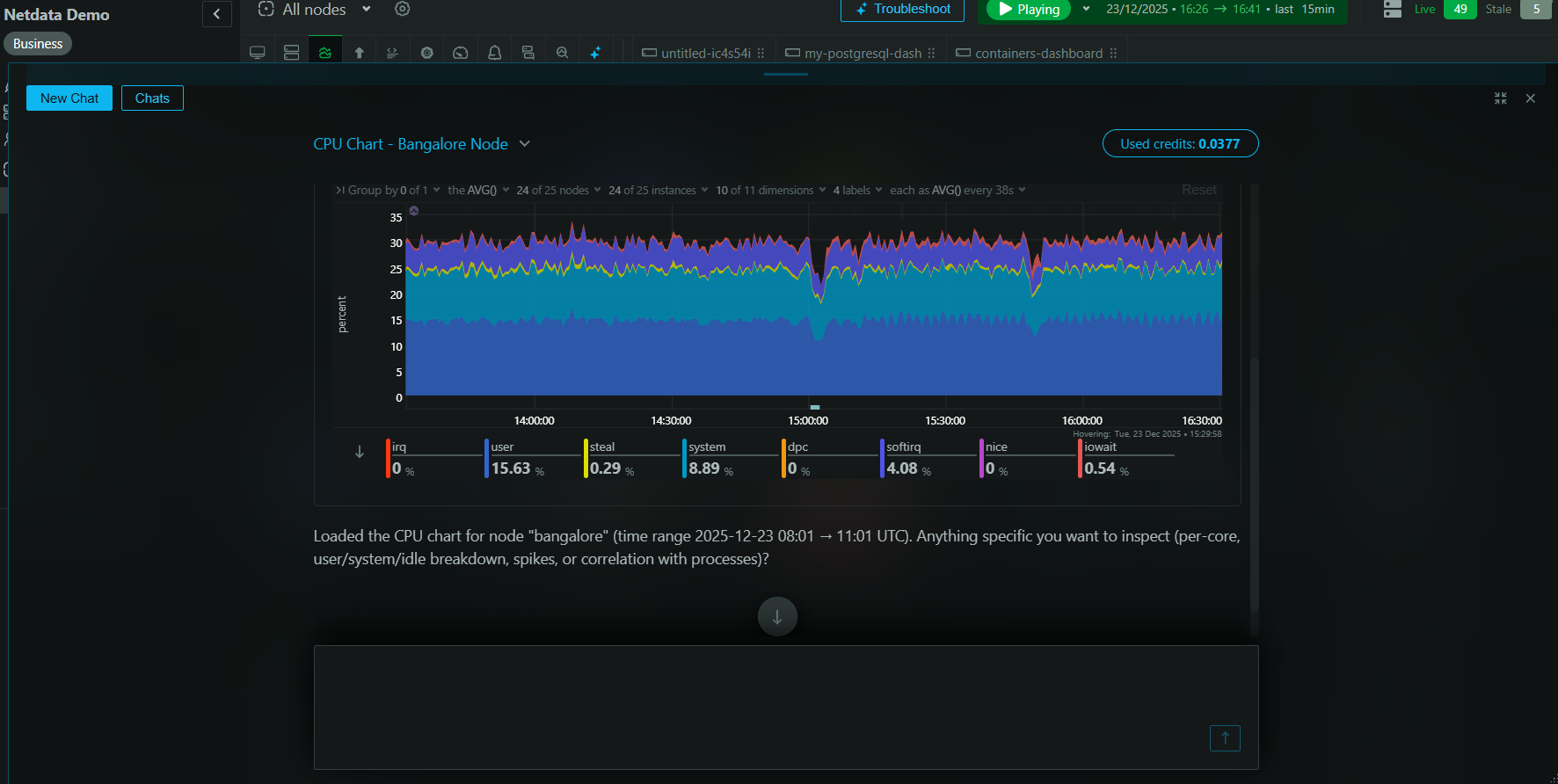TCP/UDP Endpoints Monitoring
What Is TCP/UDP Endpoints?
Understanding TCP/UDP Endpoints involves recognizing the critical roles these protocols play in network communications. TCP stands for Transmission Control Protocol, managing data delivery through acknowledgment and retransmission processes. Conversely, UDP, the User Datagram Protocol, is connectionless, meaning it caters to applications where speed trumps reliability.
Monitoring TCP/UDP Endpoints With Netdata
When it comes to efficient and real-time monitoring, Netdata offers a profound solution. The Netdata platform monitors TCP/UDP endpoints efficiently, helping you track the availability and responsiveness of your network services. Netdata’s portcheck monitoring tool checks the availability of specific ports, which is crucial for assessing service health.
Why Is TCP/UDP Endpoints Monitoring Important?
Monitoring TCP/UDP Endpoints is pivotal for ensuring system reliability and performance. Understanding how these endpoints are operating helps in troubleshooting issues, reducing latency, and improving service uptime—critical components in today’s IT landscape.
What Are The Benefits Of Using TCP/UDP Endpoints Monitoring Tools?
With tools for monitoring TCP/UDP Endpoints like Netdata, you can:
- Detect issues instantly with real-time alerts.
- Ensure high availability of services by monitoring critical ports.
- Gain insights into network performance metrics for improved troubleshooting.
Understanding TCP/UDP Endpoints Performance Metrics
TCP Endpoint Metrics
- portcheck.status: Indicates the status of a TCP check (success, failed, timeout).
- portcheck.state_duration: Captures the current state duration of the connection.
- portcheck.latency: Measures the latency of TCP connections.
UDP Endpoint Metrics
- portcheck.udp_port_status: Displays the status of UDP port checks (open/filtered, closed).
- portcheck.udp_port_status_duration: Shows the duration of the current UDP port status.
Overview of Key Metrics
| Metric Name | Description |
|---|---|
| portcheck.status | TCP Check Status: success, failed, timeout |
| portcheck.state_duration | Current State Duration in seconds |
| portcheck.latency | TCP Connection Latency in milliseconds |
| portcheck.udp_port_status | UDP Port Check Status: open/filtered, closed |
| portcheck.udp_port_status_duration | UDP Port Current Status Duration in seconds |
Advanced TCP/UDP Endpoints Performance Monitoring Techniques
Advanced monitoring involves configuring Netdata to collect data at granular intervals using its comprehensive options, such as adjusting update_every and timeout. You can explore configurations in Netdata’s documentation.
Diagnose Root Causes Or Performance Issues Using Key TCP/UDP Endpoints Statistics & Metrics
Accurate diagnosis and swift troubleshooting are imperative. Netdata helps identify root causes of issues through detailed metric analysis, reducing downtime and improving service reliability.
For a more in-depth, hands-on experience, View Netdata Live or Sign Up for Free Trial to start optimizing your endpoint monitoring.
FAQs
What Is TCP/UDP Endpoints Monitoring?
TCP/UDP Endpoints Monitoring involves tracking and analyzing the performance of TCP and UDP ports to ensure optimal network functionality.
Why Is TCP/UDP Endpoints Monitoring Important?
Monitoring these endpoints is crucial for preserving the efficiency and reliability of network services, thereby ensuring high service availability.
What Does A TCP/UDP Endpoints Monitor Do?
A TCP/UDP Endpoints monitor checks the accessibility of specified ports and provides metrics on their performance, aiding in quick issue resolution.
How Can I Monitor TCP/UDP Endpoints In Real Time?
Utilize Netdata’s robust monitoring capabilities to gain real-time insights into the performance of your TCP/UDP endpoints, thanks to its intuitive interface and real-time alerts.









